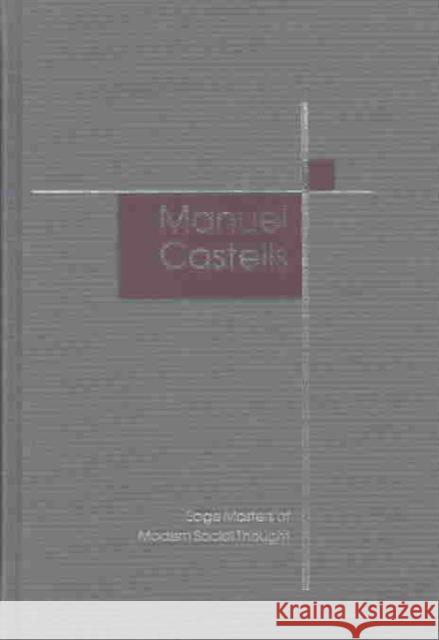Manuel Castells » książka
Manuel Castells
ISBN-13: 9780761940432 / Angielski / Twarda / 2003 / 866 str.
These volumes bring together major critical responses to, and engagement with, the work of Manuel Castells. Arguably the leading analyst of the current age, Castells' magnum opus, The Information Age, has been compared to the work of Karl Marx and Max Weber. His concept of the network society' has influenced much recent social science and his ideas have been adopted in political and policy circles. The volumes provide an unparalleled guide to the work of Castells. They demonstrate the roots of his thinking in Marxism and the shifts in his perspective. The selection if based along two principles: the chronological development of his thought and the sequence of his major publications. Included here are critical engagements with Castells' work on the urban question, the city and grassroots; Marxism; the Information Age; the network society; power and identity; the new economy; and the sociology of social movements. Volume 1: Marxism, France and The Urban Question' to The City and the Grassroots' This volume addresses Castells' engagement with the study of urban social movements; protest in urban politics; collective consumption; states, markets and welfare; urban sociology; and class Volume 2: From the Informational City to the Information Age This volume examines the theorizing of new industrial-urban space; the dynamics of urban change; the roots of the network society; the failure of social theory; resisting globalization; the development of global thinking; globalization and identity. Volume 3: The Information Age This volume addresses the character of information technologies; the political economy of network society; inequality and modernization in the information age; the self and the net; space flows and timeless space; contested power; grassroots environmental movements; cognitions, emotions and identities; digital commerce; and technology and cultural power. The collection provides the best available concentration of writings on the work of Manuel Castells. It will be of interest to readers in sociology, urban studies, political science and affiliated fields.











